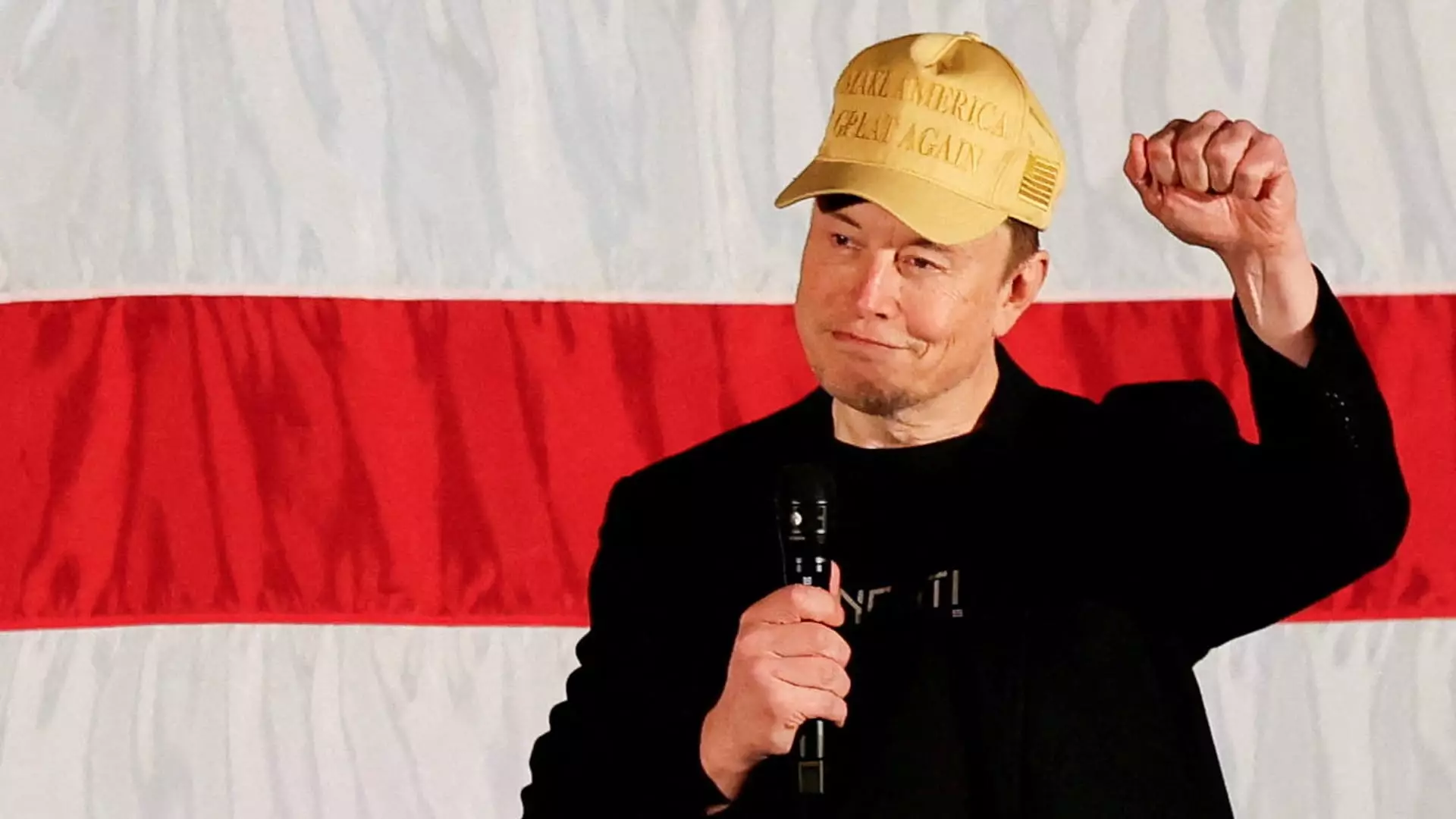In a bold announcement that sparked conversation and controversy, Elon Musk revealed his plan to award $1 million daily to registered voters who signed a petition in support of his pro-Trump political action committee. This initiative, publicized during his appearance at an America PAC event in Harrisburg, Pennsylvania, reflects Musk’s ongoing alignment with Republican interests and invokes questions about the ethical, legal, and societal implications of monetary incentives in political participation. By encouraging voter registration in key swing states, Musk aims to drive turnout ahead of an influential election, creating a flurry of reactions among policymakers, analysts, and the public alike.
Musk’s giveaway is structured around a straightforward premise: any registered voter in selected states—Arizona, Georgia, Michigan, Nevada, North Carolina, Pennsylvania, and Wisconsin—who signs the petition can potentially win substantial cash rewards. The stakes are high as he positions Pennsylvania as particularly pivotal, asserting that the voting outcomes in this state could dictate the overall election results. Expectation builds as the deadline for signing the petition coincides with the closure of Pennsylvania’s voter registration, adding a sense of urgency to the initiative.
While on stage, Musk pulled up an audience member identified as John Dreher, handing him a sizable check to demonstrate the “fun” aspect of the endeavor. His comments, imbued with a casual enthusiasm about the nature of this financial incentive, highlight a distinct approach to political engagement, blending entertainment with civic responsibility.
The implications of Musk’s initiative extend into a complicated legal landscape. According to election law experts, this monetary offering may violate federal regulations that prohibit paying individuals for voter registration or voting. Legal expert Rick Hasen pointed out that this can distort electoral processes, posing a potential risk of corruption. Hasen’s assertions shed light on the ethical dilemma surrounding Musk’s actions: is it acceptable for a wealthy individual to leverage his financial power in this manner to influence democratic participation? This question becomes increasingly relevant as Musk’s wealth surpasses $250 billion, creating an imbalance in political influence.
Pennsylvania officials, including Democratic Governor Josh Shapiro, voiced concern that such a high-stakes proposition could cross the line into illegality, encouraging law enforcement scrutiny. This pivotal moment exemplifies how well-intentioned measures can devolve into contentious legal battles, raising concerns about the integrity and accessibility of electoral processes.
Beyond the financial incentives, Musk’s political messaging reveals a broader agenda. His support for Trump, vehement criticism of current administration figures, and calls for deregulation underscore a fundamental distrust in government. Attendees at Musk’s events have heard his candid questions regarding the effectiveness of federal agencies, pressure on political figures, and the overarching need for governmental reform. His characterization of figures like Vice President Kamala Harris as “replaceable puppets” and allusions to violent rhetoric directed toward her showcase a troubling trend in political dialogue, where disregard for decorum escalates into stark antagonism.
While posing rhetorical questions about the role of government in people’s lives, Musk paradoxically relies on governmental support for his ventures, highlighting an inconsistency that critics have pointed out. Musk’s assertions that government should step back and let markets operate freely seem at odds with the substantial federal subsidies that have supported his businesses over the years.
Musk’s actions invite a more profound inquiry into the role of wealth in politics. As individuals with vast resources increasingly attempt to influence electoral outcomes, a chasm seems to widen between the average voter and those wielding disproportionate financial power. The implications of this dynamic are exceedingly complex. Can a democracy thrive when financial weight becomes a significant force in determining voter turnout and engagement?
Musk’s initiative may be seen as a creative tactic designed to energize the electorate, yet it raises significant ethical questions about the price of civic involvement and the distortion of political processes. Musk himself seems aware of the polarized reactions his actions receive, oscillating between humor and serious discourse on governmental roles.
Elon Musk’s million-dollar giveaway initiative may serve as an experimental intersection of philanthropy, politics, and entertainment, but it also highlights the dangerous potential of wealth to disrupt democratic norms. As this situation unfolds, public discourse will likely intensify around the influence of money in politics, voter engagement methods, legal frameworks, and the future of electoral integrity. Whether Musk’s initiative stands as a harbinger of innovative political mobilization or a dangerous precedent remains to be seen, but for now, it has undeniably sparked profound discussions that transcend mere monetary transactions.

